Learn about brain health and nootropics to boost brain function
Brain rhythms: Key to understanding emergent thought
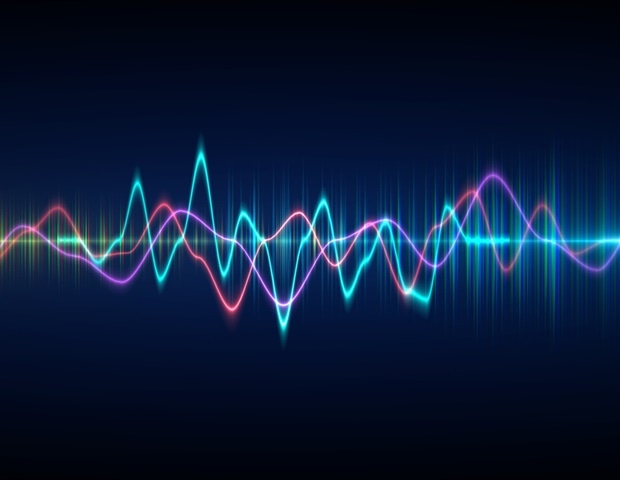
Thought emerges and is controlled in the brain via the rhythmically and spatially coordinated activity of millions of neurons, scientists argue in a new article. Understanding cognition and its disorders requires studying it at that level. It could be very informative to observe the…
Team demonstrates miniature brain stimulator in humans
Rice University engineers have developed the smallest implantable brain stimulator demonstrated in a human patient. Thanks to pioneering magnetoelectric power transfer technology, the pea-sized device developed in the Rice lab of Jacob Robinson in collaboration with Motif Neurotech and clinicians Dr. Sameer Sheth and…
Protecting brain cells with cannabinol: Research suggests CBN shows promise for treating neurological disorders
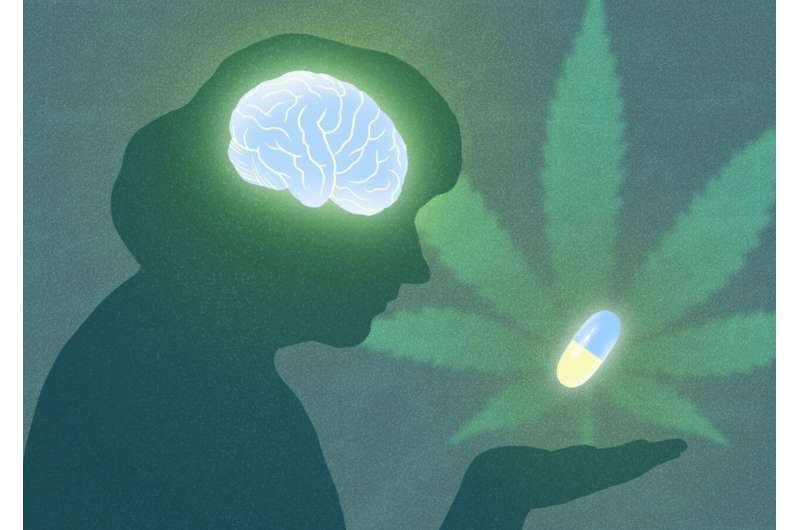
The outline of a person and their brain facing a cannabis leaf and symbolic CBN pill, demonstrating the potential for CBN to treat neurological disorders in the future. Credit: Salk Institute One in every 10 individuals above the age of 65 develops an age-related…
Salk scientists explain how CBN protects the brain against aging and neurodegeneration
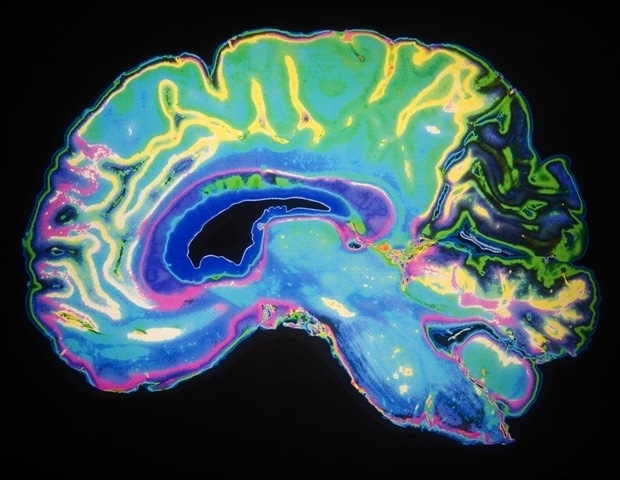
One in every 10 individuals above the age of 65 develops an age-related neurological disorder like Alzheimer’s or Parkinson’s, yet treatment options remain sparse for this population. Scientists have begun exploring whether cannabinoids-;compounds derived from the cannabis plant, like well-known THC (tetrahydrocannabinol) and CBD…
Protecting brain cells with cannabinol
One in every 10 individuals above the age of 65 develops an age-related neurological disorder like Alzheimer’s or Parkinson’s, yet treatment options remain sparse for this population. Scientists have begun exploring whether cannabinoids — compounds derived from the cannabis plant, like well-known THC (tetrahydrocannabinol)…
Boosting the brain’s control of prosthetic devices by tapping the cerebellum
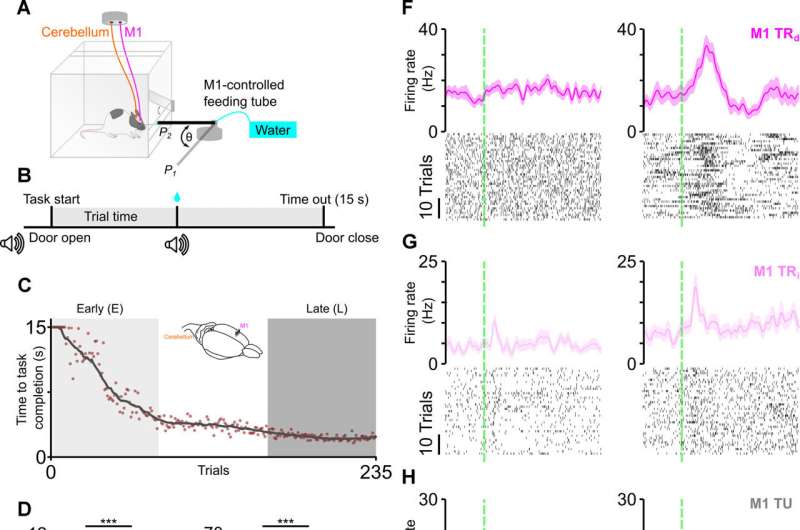
Direct and indirect modulation of M1 and cerebellar activity with neuroprosthetic learning. Credit: Science Advances (2024). DOI: 10.1126/sciadv.adm8246 Neuroprosthetics, a technology that allows the brain to control external devices such as robotic limbs, is beginning to emerge as a viable option for patients disabled…
Breakthrough brain stimulator could revolutionize treatment for neurological disorders
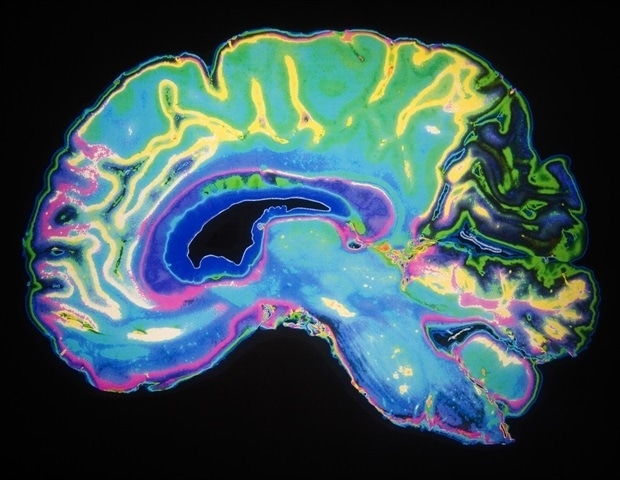
Rice University engineers have developed the smallest implantable brain stimulator demonstrated in a human patient. Thanks to pioneering magnetoelectric power transfer technology, the pea-sized device developed in the Rice lab of Jacob Robinson in collaboration with Motif Neurotech and clinicians Dr. Sameer Sheth and…
Researchers Discover New Origin of Deep Brain Waves

UC Irvine researchers have discovered that crucial brain waves for deep sleep, previously believed to be generated only by a specific brain circuit, also originate from the hippocampus, offering new insights into memory processing during sleep. Understanding hippocampal activity could improve sleep and cognition…
Neuroscience Breakthrough Unveils How We Learn and Remember
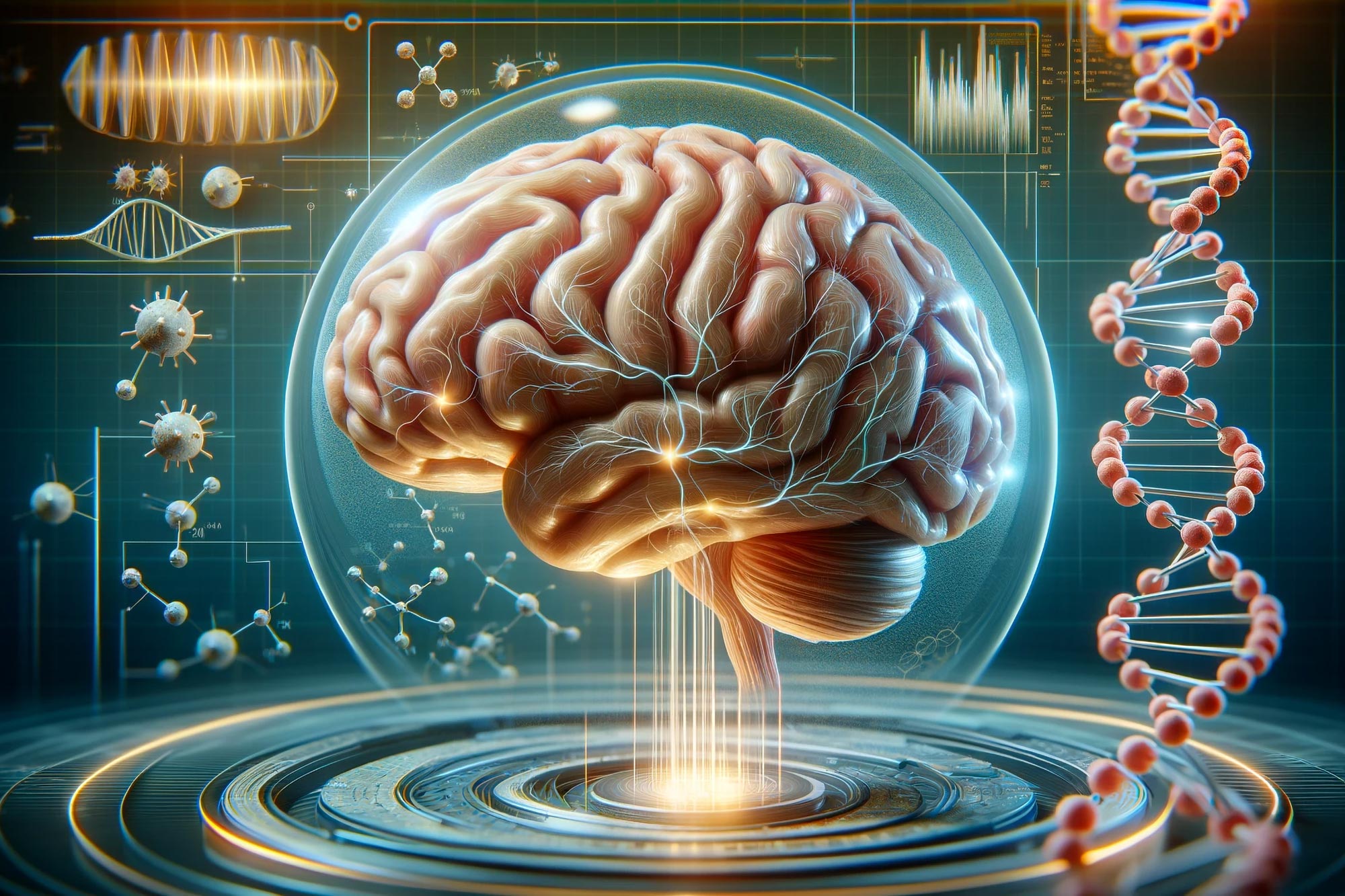
New findings in memory research reveal the role of dendritic translation in learning, identifying thousands of micropeptides and key regulatory proteins, offering insights into intellectual disabilities and broader neurological functions. Credit: SciTechDaily.com Activity taking place within the dendrites that branch off of neuron cell…
NeuM technology revolutionizes neuron labeling for neurodegenerative disease research
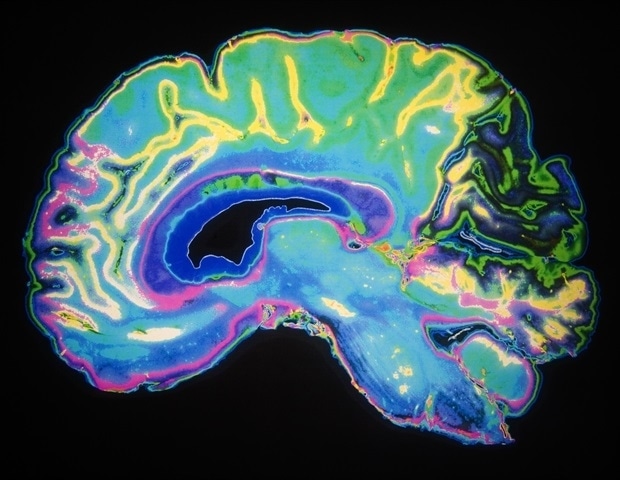
Alzheimer’s disease and Parkinson’s disease, along with stroke, are among the top three neurodegenerative disorders, characterized by the malfunction and progressive degeneration of neurons, the nerve cells. Understanding the mechanisms underlying these neurological disorders and developing therapies requires labeling technologies that can visualize neuronal…
Brain Inflammation and Memory Loss: Connecting the Dots Between Diet and Surgery

Research from The Ohio State University reveals that a high-fat diet before surgery can cause significant memory impairment in rats, both young and old. This memory issue, related to an inflammatory response in the brain, can be mitigated by taking DHA omega-3 fatty acid…
Deep brain stimulation didn’t work for a young OCD patient until new brain maps changed everything
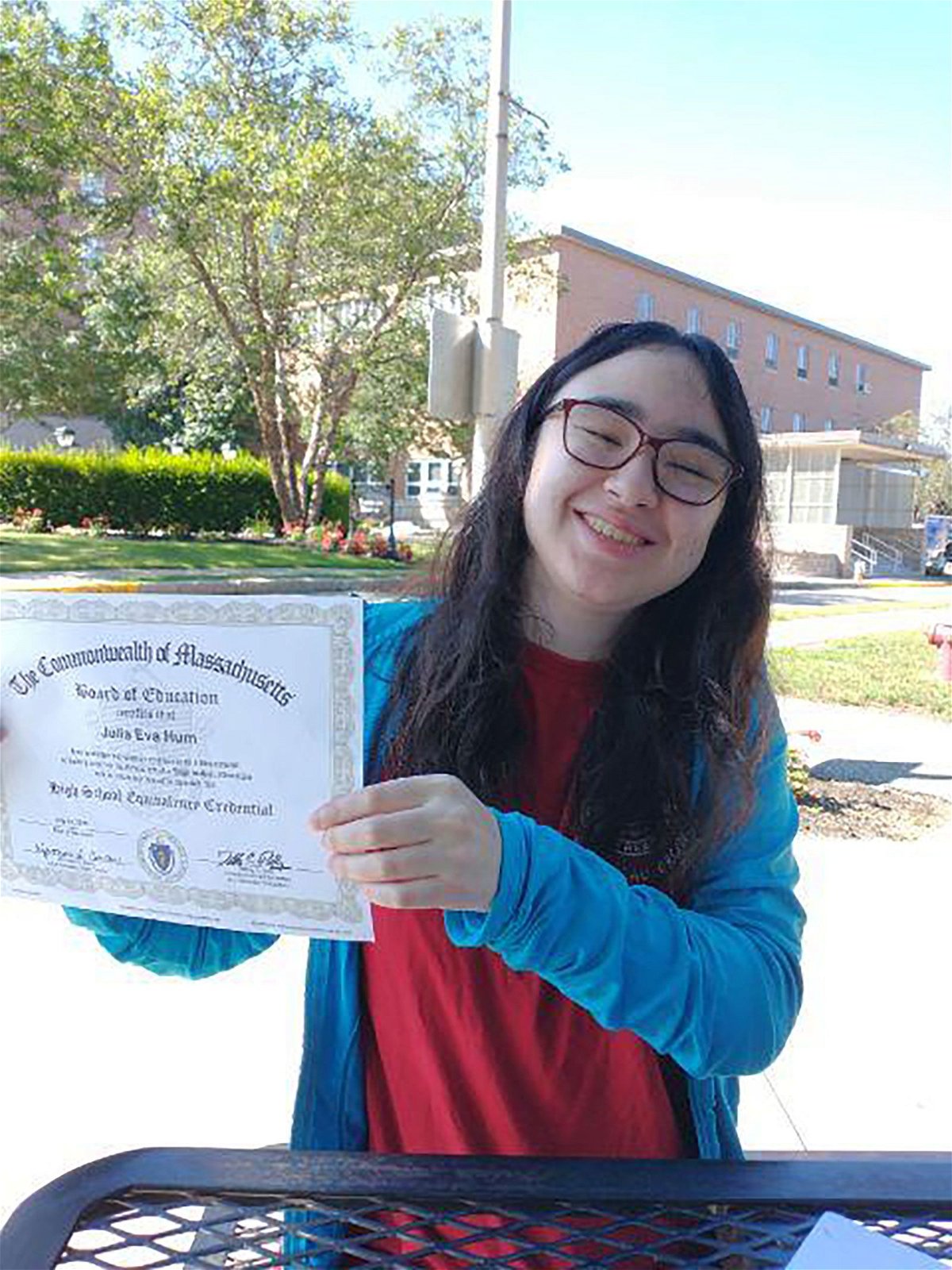
Deep brain stimulation for severe obsessive-compulsive disorder helped Julia Hum earn her high-school equivalency certificate last year. By Brenda Goodman, CNN (CNN) — Five years ago, in a wheelchair, Julia Hum was admitted to a state mental hospital in Massachusetts. After treatment with targeted…
A noninvasive treatment for ‘chemo brain’
Patients undergoing chemotherapy often experience cognitive effects such as memory impairment and difficulty concentrating — a condition commonly known as “chemo brain.” MIT researchers have now shown that a noninvasive treatment that stimulates gamma frequency brain waves may hold promise for treating chemo brain….
AI Reveals Brain Oscillations for Memory and Disease
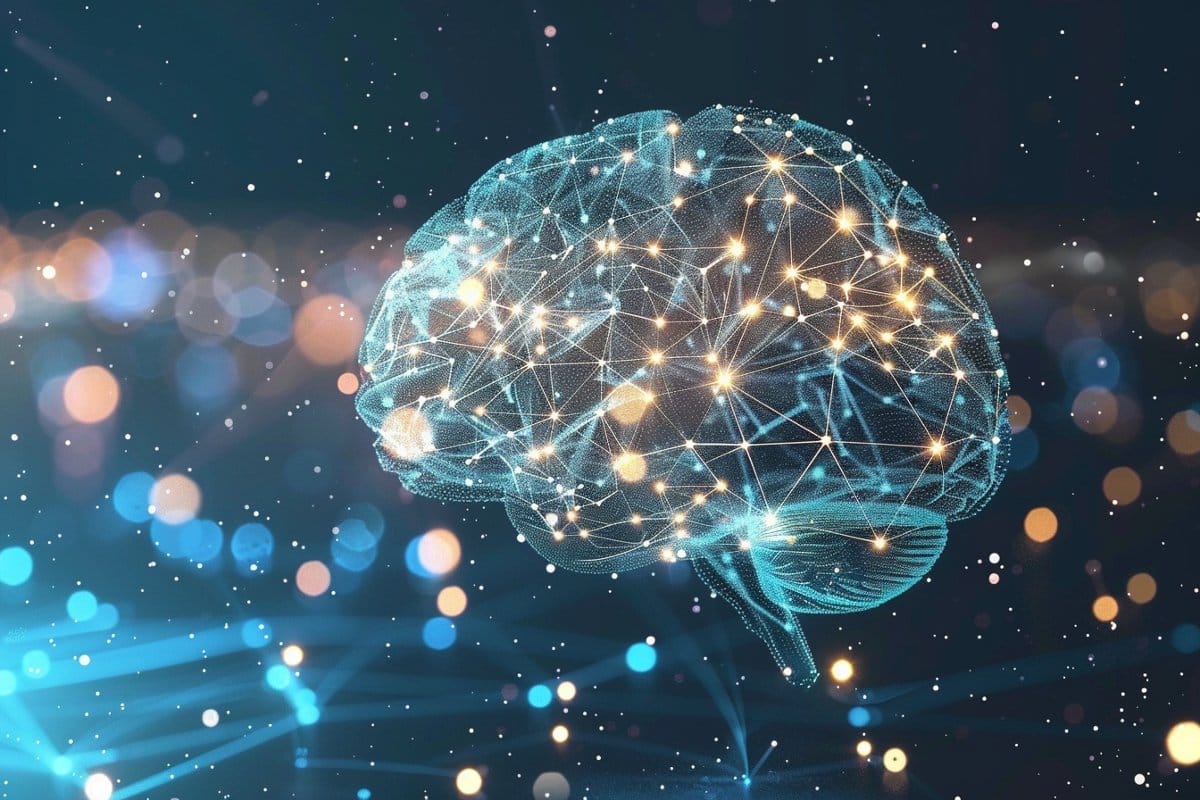
Summary: A recent study showcases a significant leap in the study of brain oscillations, particularly ripples, which are crucial for memory organization and are affected in disorders like epilepsy and Alzheimer’s. Researchers have developed a toolbox of AI models trained on rodent EEG data…
Brain Waves at Night: The Key to Preventing Alzheimer’s and Parkinson’s?
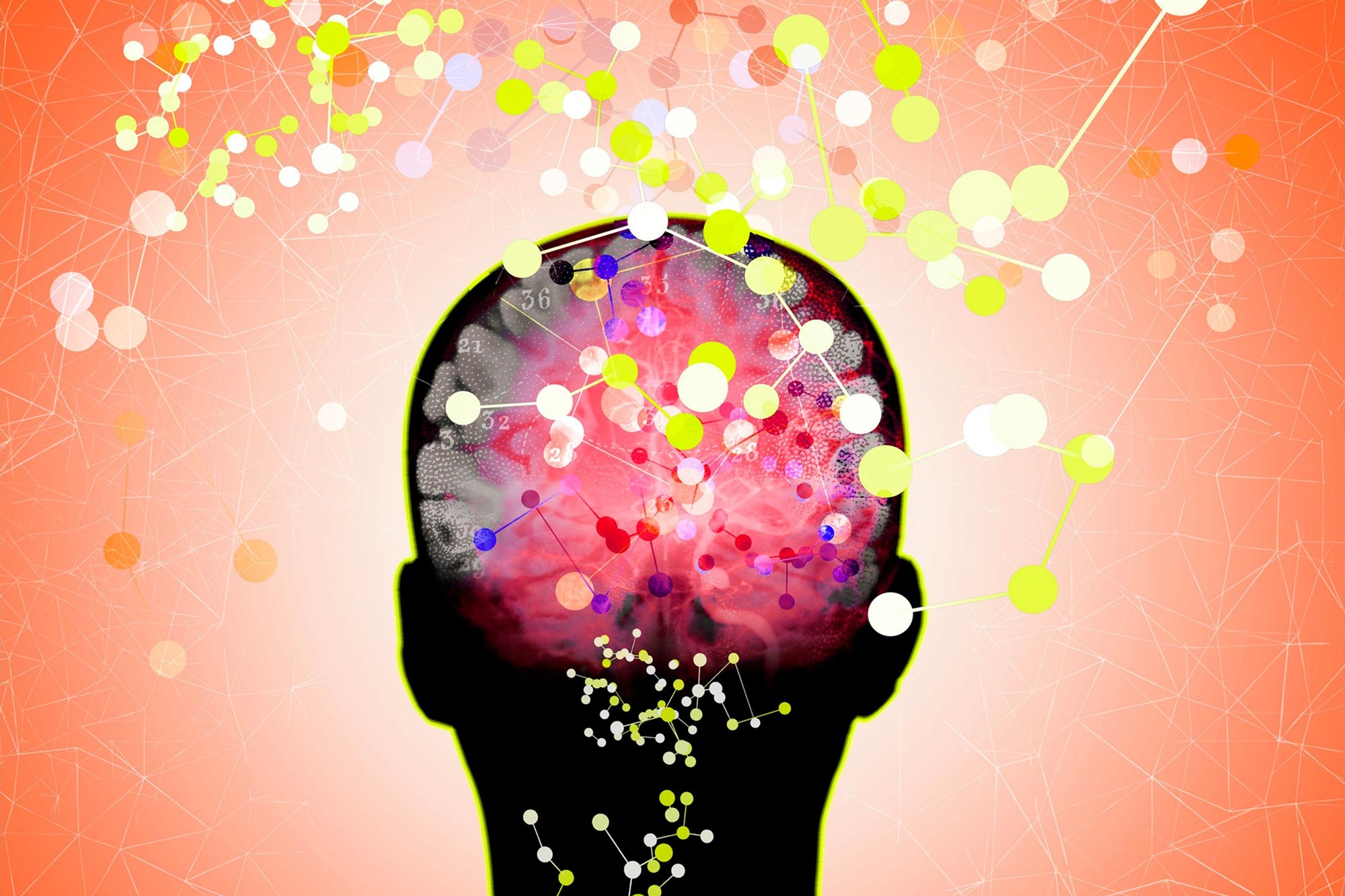
Scientists have discovered that the brain’s activity during sleep, particularly the generation of rhythmic brain waves, is crucial for flushing out waste. This process could offer new strategies for preventing neurodegenerative diseases and improving sleep efficiency, potentially reducing the necessity for long sleep durations….
Debunking the 10% Brain Myth
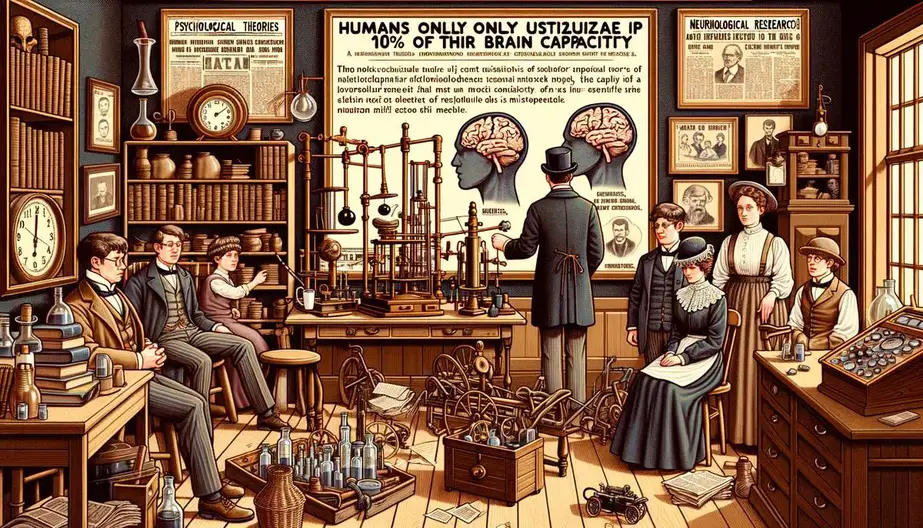
Many people believe that we only use 10% of our brains, but this idea isn’t supported by science. This article will explore where this myth came from, why it’s so appealing, and what the truth really is about our brain’s capabilities. Despite being disproven…
Revolutionary brain stimulation technique shows promise for treating brain disorders
The human brain’s adaptability to internal and external changes, known as neural plasticity, forms the foundation for understanding cognitive functions like memory and learning, as well as various neurological disorders. New research conducted by a team led by Dr. PARK Joo Min of the…
The One Psychological Brain Tool That Can Create A More Positive Mindset, According To A Psychologist

The One Psychological Brain Trick That Can Create A More Positive Mindset, According To A Psychologist Our thoughts, beliefs, and attitudes shape our perception of the world and influence our experiences. While this may cause some to have an inherently negative perception of life,…
Study links micro- and nanoplastics to Parkinson’s and dementia

Advertisement A study has found that microplastics and nanoplastics affect a specific protein found in the brain, causing changes associated with Parkinson’s disease and some types of dementia. Microplastics and nanoplastics Microplastics and nanoplastics are two types of plastic waste that have become a…
Steve Kirsch: CDC FORGOT to warn the public that COVID-19 vaccines cause DEMENTIA
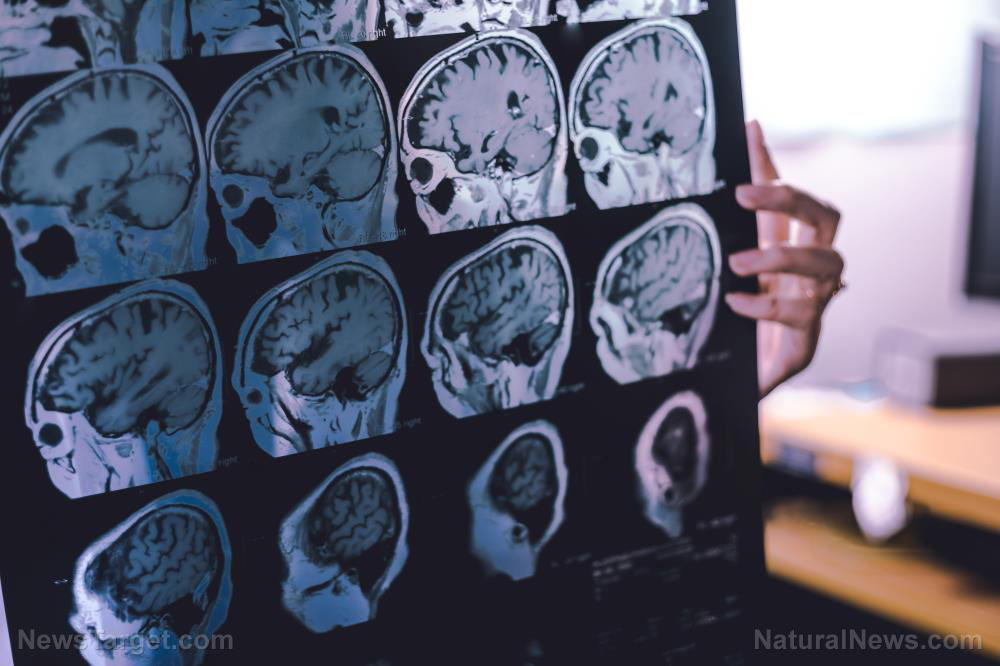
Advertisement Vaccine Safety Research Foundation founder Steve Kirsch recently found that the number of Wuhan coronavirus (COVID-19) vaccine recipients having dementia had increased 1,000 times. According to the World Health Organization (WHO), it is currently the seventh leading cause of death and one of…